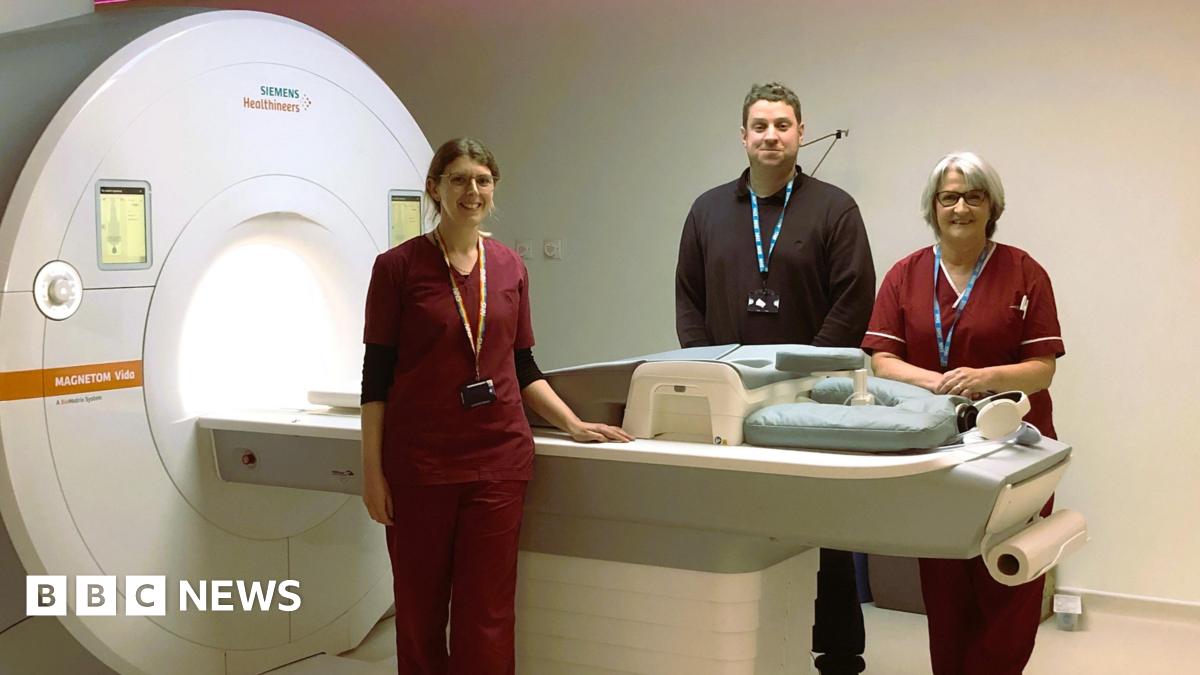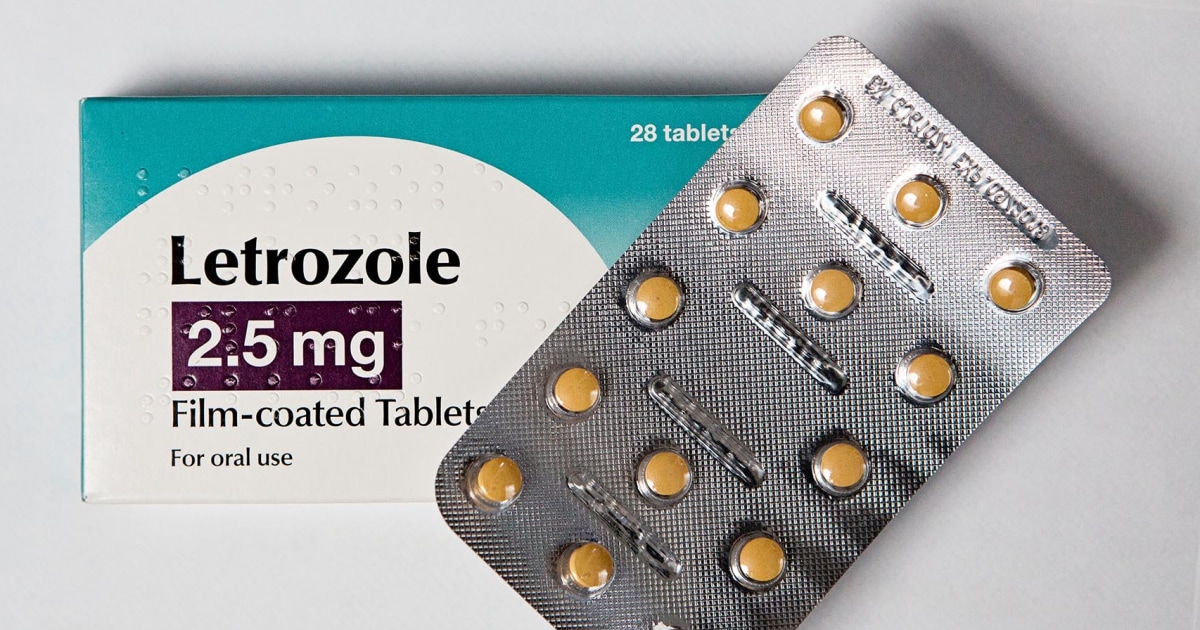T4K3.news
Fast MRI breast screening trial begins
A new study examines fast MRI scans for early breast cancer detection in women aged 50 to 52.

A new study investigates if faster MRI scans can identify breast tumors more effectively than mammograms.
Fast MRI scans aim for earlier breast cancer detection
The Fast MRI Dyamond study is assessing the effectiveness of quick MRI scans in detecting breast tumors that mammograms might overlook. Led by North Bristol NHS Trust, this trial will involve around 1,000 women aged 50 to 52 across six NHS locations including Cheltenham, Swindon, and Truro. The fast MRI procedure takes only three minutes and is designed for women with average breast density. Dr Lyn Jones, the study's lead, emphasized the potential for earlier identification of breast cancers, particularly for women with dense breast tissue.
Key Takeaways
"We know that Fast MRI can find cancers earlier than mammograms for women with dense breasts"
Dr Lyn Jones emphasizes the advantage of fast MRI scans for specific breast tissue types.
This trial represents a significant step forward in breast cancer screening methodologies. By implementing faster MRI scans, the study aims to enhance early detection rates for tumors that are often missed by traditional methods. The implications are profound; earlier diagnosis can lead to more effective treatment options and potentially save lives. With breast density being a critical factor in cancer detection, this approach could tailor screening processes more closely to individual needs, marking a potential shift in cancer care protocols in the UK and beyond.
Highlights
- Faster scans could change how we detect breast cancer.
- Early detection is vital to save lives.
- Quick MRI might find cancers that mammograms miss.
- This study aims to redefine breast cancer screening.
Potential implications of new breast cancer screening methods
The introduction of fast MRI scans as a new standard may lead to shifts in existing screening protocols and concerns about resource allocation in NHS services.
As research progresses, the future of breast cancer screening may evolve significantly.
Enjoyed this? Let your friends know!
Related News

Innovations in cancer treatment improve patient outcomes

Rush begins offering new cancer detection blood test

Cancer drugs may reverse Alzheimer's effects

British Airways trials new system for streaming in-flight entertainment

Creatine shows potential beyond athletics

Health strategies for aging adults released

Emerging research links cancer drugs to Alzheimer’s treatment

New mastectomy guidelines proposed
